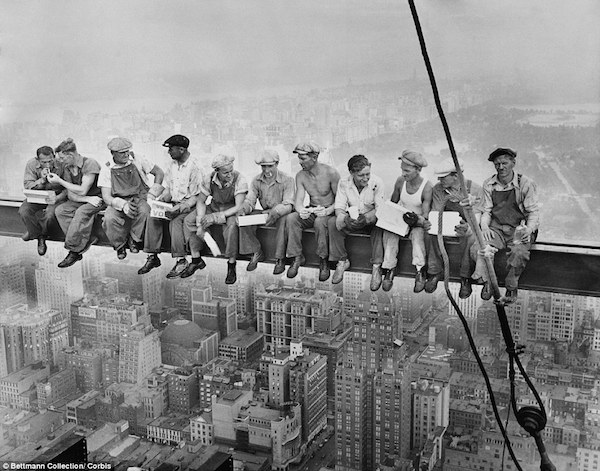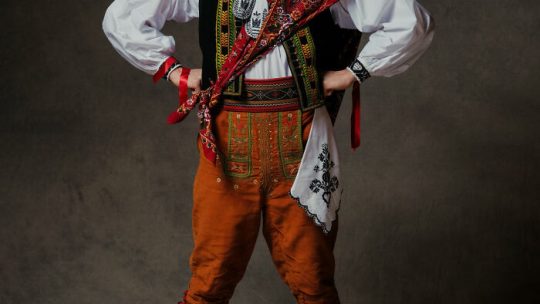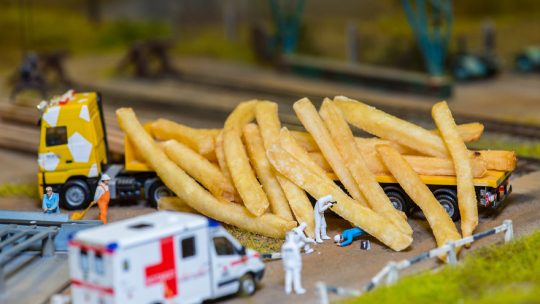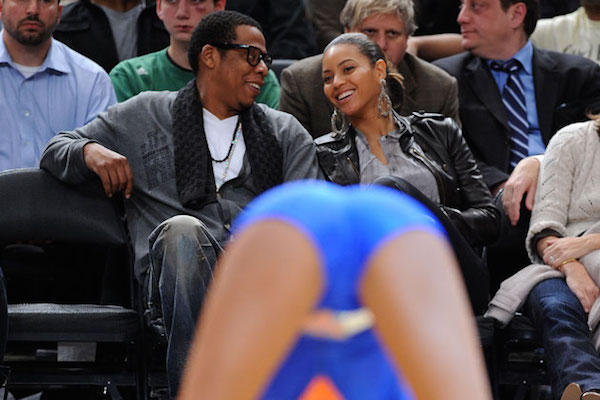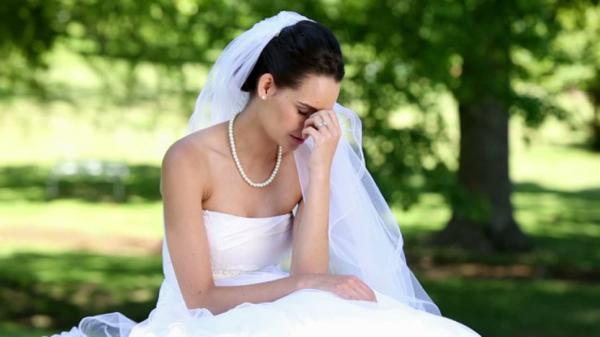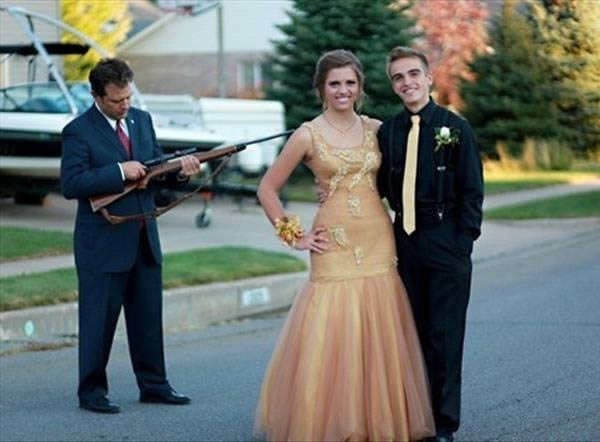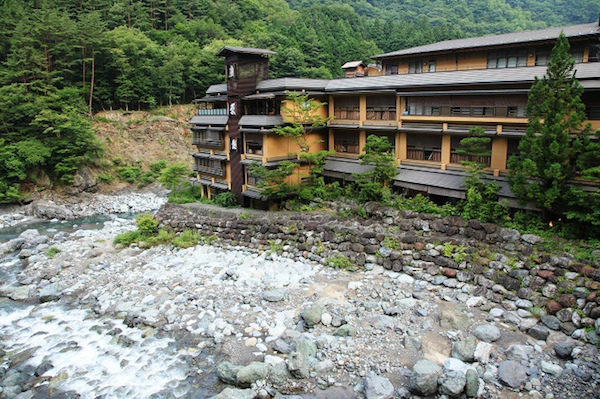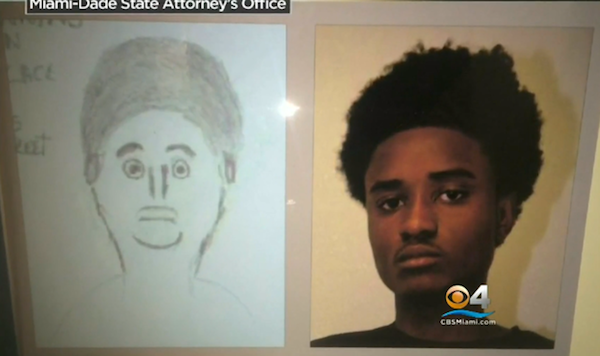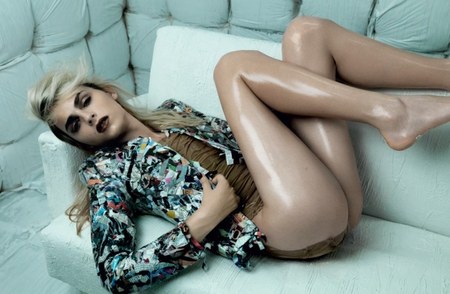
We’ve all seen Robert Doisneau’s black-and-white photograph of a couple swept up in a spontaneous kiss. Paris City Hall forms the backdrop behind them. A man sits at a cafe in front. Pedestrians on the sidewalk clip by indifferently. But the couple is stopped in time, entirely consumed, and completely consuming. Taken on April 1, 1950, The Kiss by the Hôtel de Ville is the image that captures and projects Paris as a city of romance. But how spontaneous was it?
We may have never known if it wasn’t for the legal pursuits of a couple of elderly women in 1988. During that year, the French magazine Telerama put the image on its cover, prompting several women to claim they were the girl in the photo. Two of them sued. One claimed that, in taking the photograph, Doisneau had violated her privacy. She sought $18,000 in damages. The other, Françoise Delbart, wanted royalties.
Doisneau had to come clean. He admitted the woman in the photo was Delbart and that he had staged the shot.
At the time the photo was taken, Delbart was an aspiring actress in love with a fellow thespian, Jacques Carteaud. The two were sitting at a cafe, Le Villars, kissing. Doisneau, on assignment for Life magazine, asked if he could take their picture. “Monsieur Doisneau took us to three different places for the picture,” Delbart recalled. “It was a lark, a wonderful, carefree moment for us. All we had to do was stand about 15 feet from him and kiss. First, he took some pictures on the Place de la Concorde, then on the Rue de Rivoli, and finally the Hôtel de Ville.”
Delbart even had proof she was the woman in the photo — Doisneau had sent her a signed copy of the image. However, she didn’t get any royalties — a French court dismissed her case in 1993, saying she had more than four decades to stake her claim.
Doisneau made no apologies for staging the shot, saying, “I don’t photograph life as it is, but life as I would like it to be.” (Source)

In 2012, on the 80th anniversary of the photo called Lunch atop a skyscraper
— where 11 steel workers are sitting fearlessly having lunch on an 8″ girder 850 feet above Manhattan — it was reported that the shot was a publicity stunt.
The photo’s mass appeal has always been in the men’s calm demeanors, as they casually ate sandwiches and smoked cigarettes high above the city on what was the steel frame of 30 Rockefeller Center.
Corbis photo historian Ken Johnston says the shot was staged and probably not taken by famed photographer Charles C. Ebbets. “The image was a publicity effort by Rockefeller Center. It seems pretty clear they were real workers, but the event was organized with a number of photographers.” (Source)

U.S. Civil War photographer Alexander Gardner took a series of photographs showing the aftermath of the Battle of Gettysburg, which were published in Gardner’s Photographic Sketch Book of the Civil War in 1865. Almost 100 years later, Frederic Ray, art director of the Civil War Times, noticed that two of the photographs taken in different locations on the battlefield appeared to show the same corpse. In A Sharpshooter’s Last Sleep (top photo), a Confederate soldier’s body lay on the southern slope of Devil’s Den. But in another image, The Home of a Rebel Sharpshooter (bottom), the body had moved forty yards to a rocky niche. Apparently, Gardner had moved the soldier’s corpse to the rocky outcropping for the sake of creating a more dramatic image and turned his head to face the camera.
And the gun? It’s not a sharpshooter’s rifle. It was a prop placed there by Gardner.
While staging these photos would be considered pretty unethical today, photography was still a newly discovered art form during the 1860s. Civil War photographers knew that they weren’t just bringing the war into the homes of civilians, they were taking pictures that could be used to send a very particular message about the war, its causes, and whether or not it should be supported. (Source 1 | Source 2 | Photo 1 | Photo 2)

The iconic image of Nazi Germany’s defeat is Yevgeny Khaldei’s photograph of a young Red Army soldier raising a Soviet flag atop the Reichstag over a smoldering Berlin in May 1945. However, it was anything but a candid shot — it was staged from beginning to end.
Khaldei had been in Moscow when Soviet forces captured Hitler’s capital. The photographer had received orders from on high to rush there and shoot a picture symbolizing Soviet victory. The Red Army flag you see above was brought to Berlin in Khaldei’s luggage, and before settling on the Reichstag as his location, he first checked out Tempelhof Airport and the Brandenburg Gate.
On May 2, Khaldei set about staging a reenactment. He recruited a decorated l8-year-old private named Aleksei Kovalev and two comrades to clamber on the parapets to hoist his flag. Perched above them with his Leica, he squeezed off 36 frames. The picture was later doctored and even colored for various propaganda versions. (Source)

Rosa Parks was the seamstress who refused to move to the back of the bus in Montgomery, Alabama on Dec. 1, 1955 and thus galvanized the bus boycott that was a defining moment in the American civil rights movement. You also probably think you know what she looks like — from her mugshot, or a picture of her being fingerprinted, or perhaps a later photo of her seated, looking out the window, on an integrated bus.
The mugshot and fingerprinting images often used to illustrate stories about her stand on the bus were taken months afterward when she presented herself for arrest after Montgomery criminalized the carpools that the city’s black community was using to orchestrate the bus boycott. The bus image was staged at a later date; the man sitting in the seat behind her is a reporter.
Nicholas C. Chriss was working for United Press International out of Atlanta. The picture was taken on Dec. 21, 1956, the day after the United States Supreme Court ruled Montgomery’s segregated bus system illegal. Chriss boarded the bus in downtown Montgomery, and he and Parks were the only riders up front.
Parks told author Douglas Brinkley that she had left her home specifically for a picture on a bus and that the idea was for her to be seated in the front with a white man behind her. Similar photo opportunities were arranged for the Rev. Dr. Martin Luther King Jr. and others during the day.
Chriss agreed to sit behind her for the purpose of the picture. Parks told Brinkley she was initially reluctant to take part in the photo, but both journalists and members of the civil rights community wanted an image that would dramatize what had occurred.
”It was completely a 100 percent staged event,” Brinkley said. ”There was nothing random about it.” (Source 1 | Source 2)

Is this one of the earliest staged photos? Titled Valley Of The Shadow Of Death, the photo snapped by British photographer Roger Fenton in 1855 is considered to be one of the oldest known photos of warfare.
Documentarian Errol Morris spent a considerable amount of time investigating the image. Was the scene was as Fenton found it, or did he litter the path with cannonballs himself to make it more powerful? Morris traveled to Crimea, Ukraine, where the shot was taken to investigate for himself. He came up empty-handed but noticed something in another version that is devoid of cannonballs — some of the small pebbles on the side of the road had moved. Since these were almost certainly kicked around as people tread over them, Morris realized that the picture showing the pebbles further downhill was the one that came later — the version with cannonballs strewn all over the road. (Source)

The famous image of a milkman deliberately picking his way over the rubble of war-torn London during WWII is, in a way, a fake.
The man pictured wasn’t a milkman, he was the assistant to Fred Morley, a photographer for Fox Photos. He borrowed the coat and milk carrier from a milkman. The firemen damping down the ruins are real enough, as are the ruins themselves.
Morley believed the only way to circumvent the censorship of demoralizing pictures of ruined streets — after more than a month of daily bombings — was to present things as an object lesson in the maxim “Keep calm and carry on.” (Source)

Some say it’s the most famous and perfectly composed news photo of all time. In over 70 years since Joe Rosenthal captured the iconic picture of five U.S. Marines and a Navy sailor raising an American flag over the battle-scarred Japanese island of Iwo Jima, questions have been raised as to whether or not the picture was posed.
It wasn’t. But it wasn’t the only flag raised over Iwo Jima that day and Rosenthal wasn’t the only photographer on hand taking photos.
On February 23, 1945, Rosenthal, an AP photographer covering the battle, had heard Marines were headed up the mountain. He started to make the climb to see what was going on, but Sgt. Louis Lowery, a Marine photographer for Leatherneck magazine, had beaten him to it. He was already on the summit snapping photos of Marines proudly raising the American flag. The sight of Old Glory atop the mountain set off whistles, gunfire, and celebrations, which, in turn, stirred up a firefight with Japanese soldiers near the summit. Lowery dove for cover and fell 50 feet, smashing his camera.
He decided to descend the mountain to get new equipment and passed Rosenthal and two other photographers on the way down. With the flag already in place, Rosenthal thought he was out of luck but kept going.
When the trio reached the top, they spotted a group of Marines holding a second flag. They were informed that there had been an order to replace the first flag with a bigger one so more people could see it below. Rosenthal had to decide quickly whether to shoot both flags simultaneously — one rising while the other was lowered — or to photograph the second flag as it was being raised. He chose to focus on the second flag, and his choice made all the difference.
The image (top) was so good that critics accused Rosenthal of staging it — a myth he fought for more than 60 years. Rosenthal did stage a photo on the summit, but the photo he posed was a different picture that was taken after the famous flag-raising. In the staged photo, Marines posed in front of the flag, victoriously holding their helmets and rifles in the air. That image is referred to as Rosenthal’s Gung Ho Iwo Jima photo (bottom). (Source | Photo)

In October 2010, the New York Times apologized for using staged photographs that appeared in an art review that ran a month earlier. One of the photos shows museum staffers as visitors without indicating so in the captions. While the practice of using museum staff photos is commonplace (publicity shots are often needed before the public are allowed in), the newspaper released a statement saying, “Such staging of news pictures violates the Times‘s standards, and the photographs should not have been published.” (Source)
Source: Oddee.com
This post has already been read 94170 times!


